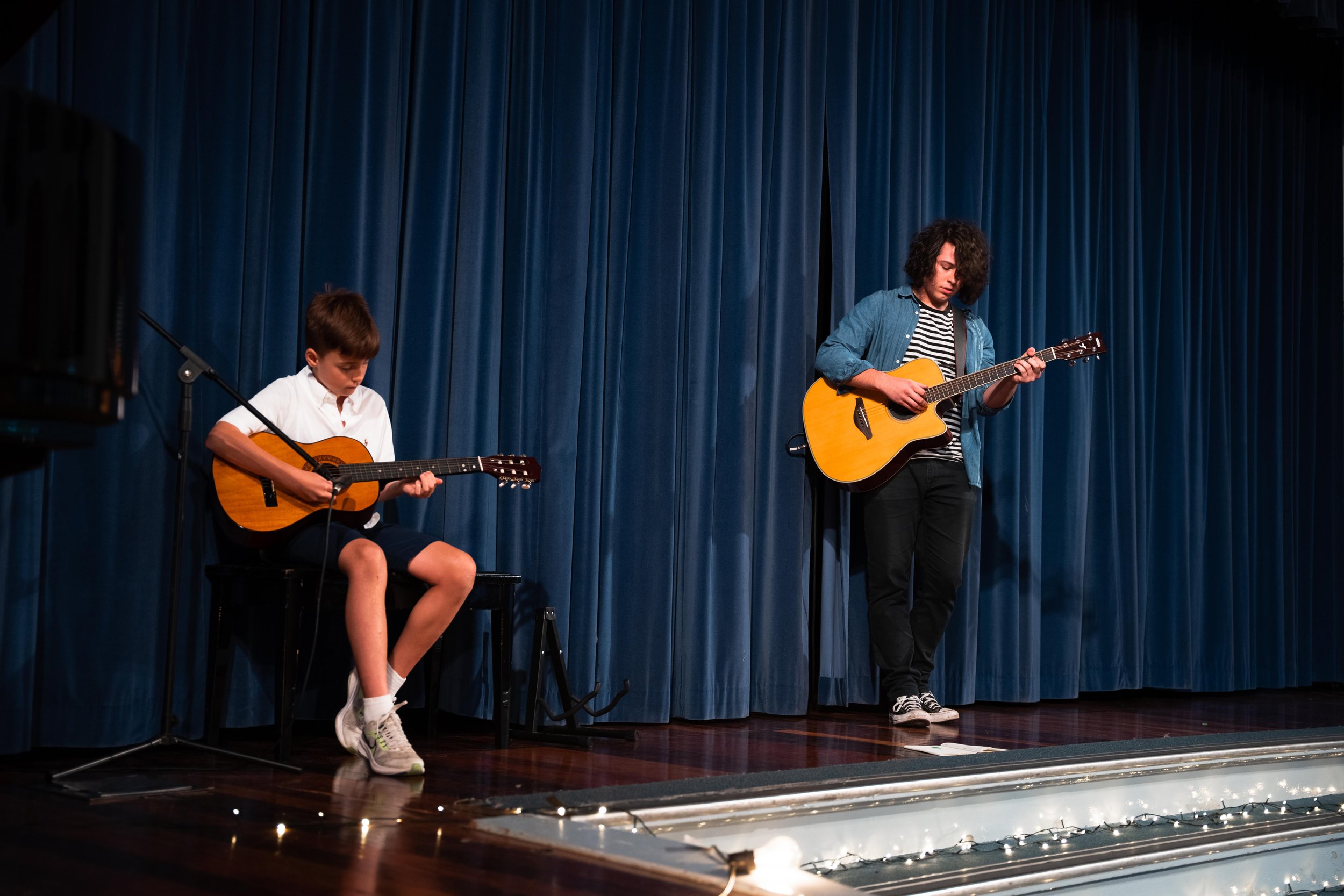5 Incredible Ways Playing Music can Improve Your Brain Health
Learning to play music has been shown to have numerous cognitive benefits.
Just like how we go to the gym, run around the block or stretch to keep our bodies healthy, learning to play a musical instrument has incredible benefits when it comes to keeping our brain healthy. Here are some ways music improves our brain perfomance:
1) Learning to play music can boost our memory
Learning to play an instrument means you need to memorise certain notes, chords, and rhythms. Playing music also involves listening to and processing auditory information, which can improve your auditory memory skills and help you better remember information you hear, such as verbal instructions or conversations.
Learning to play music can improve the brain's ability to reorganize itself and form new connections, which can improve memory skills. When you read sheet music, it can improve your visual memory skills, which can be transferred to other written instructions or visual cues too.
Not only that, when was the last time you thought of a certain memory when hearing a song? Music can help improve our memory recall. That’s why we might remember certain jingles, or songs we’d learnt from primary school (as opposed to things we rote-learnt from a text book in high school).
Overall, playing music requires a great deal of mental focus and engagement, which can improve your memory in many ways. As you continue practicing and improving your performance, you’re bound to see improvements in other areas of your life that require strong memory skills like: studying, working, or engaging in hobbies or other activities.
2) Learning to play music can improve our attention-span
Learning to play music can improve our attention span in several ways:
Playing music requires you to focus and concentrate on what’s set before you, both in terms of listening to other musicians and playing your own instrument. This can improve your concentration span as you train your brain to collaborate with other people whilst you simultaneously read sheet music, adjust the tempo of your performance as required, and play the notes or chords of a piece.
It can also be incredibly meditative and calming to play music which can effectively reconnect you to the present moment stimulate a sense of mindfulness . When you’re present and mindful, that will undoubtedly have a positive flow-on effect to help you focus your attention on the present moment in general.
Learning to play music often requires repetitive practice, cognitive control and emotional regulation which can improve your ability to stay focused on a task for an extended period of time.
3) Learning to play music can refine our executive function and motor skills
Playing music can improve executive function skills, such as planning, organization, and problem-solving. These skills are important in academic and everyday life. Playing certain instruments, such as guitar or piano, can also improve fine motor skills, such as finger dexterity and hand-eye coordination.
4) Learning to play music can refine our spatial reasoning
Music is inherently spatial. This means, it requires us to take in visual information, interpret the symbols we see, and adjust the positioning of our fingers on an instrument. The more we play and practice our musical instrument, it can help improve our spatial reasoning skills, which are also important in subjects like math and science.
5) Learning to play music can benefit our neural plasticity
Learning to play music can promote neural plasticity: the brain's ability to change and adapt in response to experiences. Each time we play a piece of sheet music, or perform a song — it can improve a wide range of our cognitive abilities, including language processing, spatial reasoning, and memory.
Overall, learning to play music can provide numerous cognitive benefits that can transfer to other areas of life, such as academics and problem-solving in everyday situations. Moreover, these cognitive benefits can continue to develop and improve over a lifetime of musical practice.

